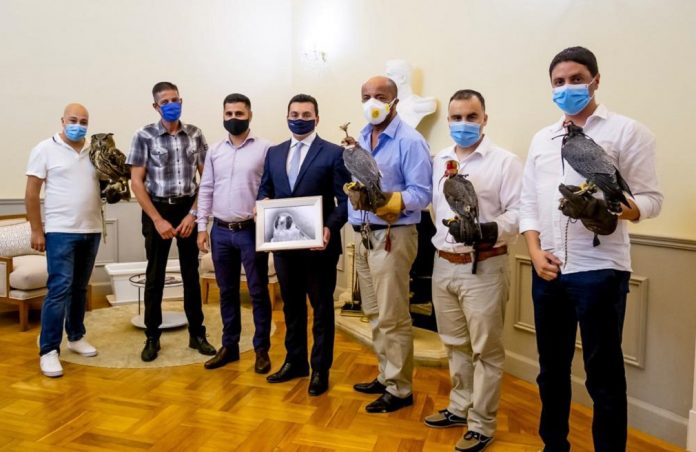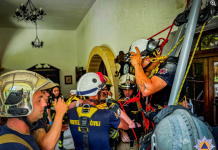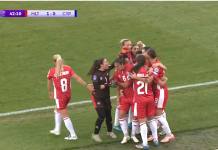Falconry is nowadays synonymised with nature conservation and management and related educational issues, Minister for the Environment, Climate Change and Planning Aaron Farrugia said.
Speaking during a visit by the Malta Falconers Club (MFC), the Minister said that falconry techniques are widely used in conservation and rehabilitation of birds of prey—for repopulation, reinforcement or reintroduction.
Stressing the importance of reintroduction and rehabilitation projects, the Minister said that such processes are already being employed and supported, such as the barn owl reintroduction process by the Federation for Hunting and Conservation (FKNK) at ir-Razzett tal-Bagħal in Buskett. Such processes also assist in the implementation of the Natura 2000 Management Plan for the Buskett and Verdala area. These efforts are sponsored by the Ministry and carried out with permitting from ERA.
The Minister spoke of other sustainable effects and uses of falconry, explaining that it could minimise the negative impacts of certain human activities on natural habitats, leading to less trampling, habitat modification, or the use of pesticides for pest control.
In fact, ERA has already approved in 2019 and 2020 a pest control pilot to be carried out in Comino, so as to assess the possibility of using such a system for the control of pest populations of the islands. This is seen as a more pro-active approach rather than the use of chemicals or culling.
MFC President Lucas Micallef described falconry as an important tool for biodiversity that could have positive impacts on wildlife, their habitats and surroundings. He said that pest eradication and control supports local biodiversity flourishment, such as is the case in Comino, as well as for public safety and heritage preservation. This traditional practice, he explained, is included within the UNESCO Representative List of the Intangible Cultural Heritage of Humanity, and enjoys recognition by the International Union for Conservation of Nature (IUCN) as being important for biodiversity. Falconry as a traditional practice also has significant relevance in Maltese history.










